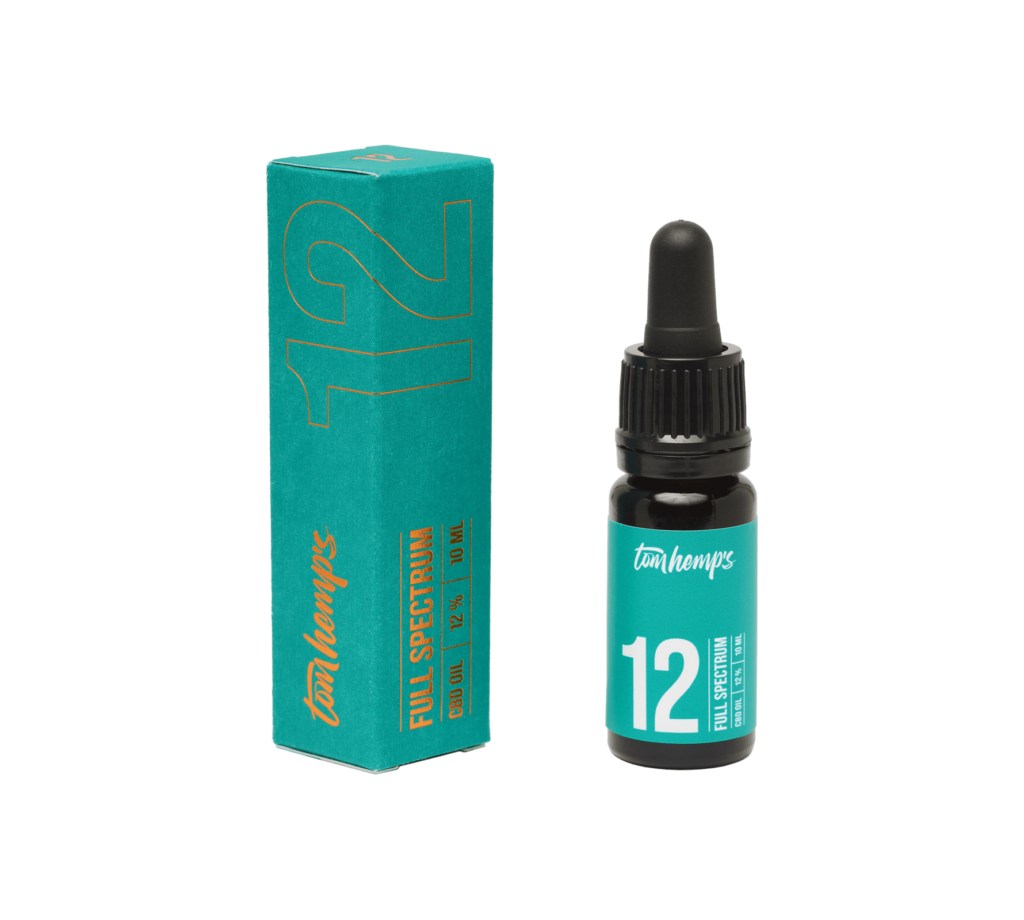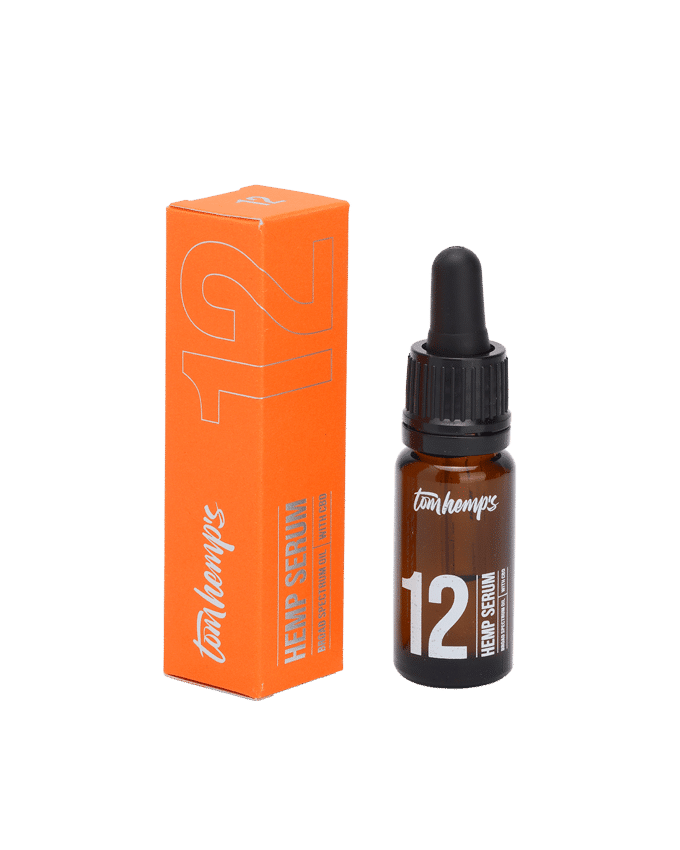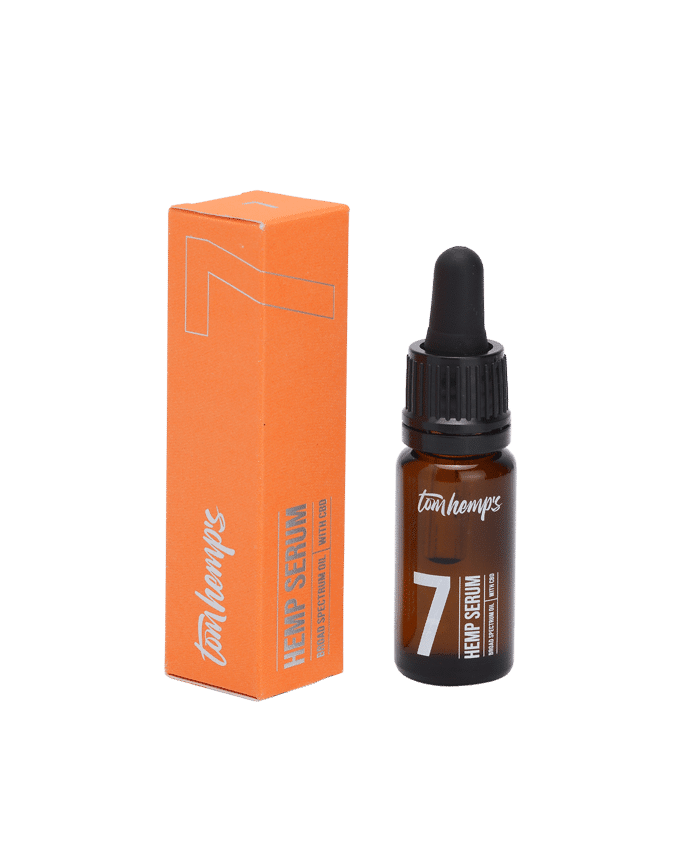Can CBD really help lose weight?
CBD is a cannabis compound, specifically a cannabinoid that is known for its health benefits. As science has already been showing us, it can help relieve pain, inflammation, anxiety, and many other conditions, but can CBD help you lose weight? A few of the benefits of CBD that could aid your weight-loss goals include this little known fact:
It May Convert White Fat Cells To Brown
Our body has two types of fats, white and brown. White fat cells store and supply energy. They also cushion our organs. Meanwhile, brown fat burns calories and generates heat. When compared to overweight people, healthy people have more brown fat cells in their body. White fat is converted to brown fat when you are exercising or are exposed to cold temperatures.
Research has suggested that CBD may assist the conversion of white fat cells to brown suggesting that the compound could help lose excess weight.
Research from 2018 helps to explain how CBD could break down fats in the body. The process of transforming white fat cells into brown fat cells actually affects how these cells work in the body.
A study published in 2016 claims that CBD can help turn white into brown fat, which may help the body burn calories. White fat is also referred to as “bad fat” because it can increase the risk of many chronic illnesses such as heart disease and diabetes. Brown fat cells are an active type of fat. They burn off calories which contribute to the loss. The researchers found that CBD interacts with CB1 and CB2 of endocannabinoid or ECS thus affect the regulation of fat tissues and may impact other functions in the body.
It May Help Boost Metabolism And Reduce Food Intake
Research suggests that CBD might be useful in boosting metabolism and reducing food intake. CBD primarily influences the CB1 and CB2 receptors of the endocannabinoid system that are known to play important roles in regulating our metabolism and food intake. Although the studies on this area seem promising, more human studies are required.
There is a near correlation between obesity and many metabolic disorders like type 2 diabetes, high cholesterol, and high blood pressure. In a report of Cannabis and Cannabinoid Science, treatment using CBD reduced total cholesterol by 25 percent in rodents.
CBD antagonizes the CB receptors in the body that could slightly cause this. In addition, according to the European Society of Cardiology, an overreaction of CB1 receptors could result in body-wide obesity and metabolic hazards. CBD’s ability to lessen inflammation and antioxidant effects also seemed to decrease blood glucose levels and improve liver health markers.
In a major study involving nearly 4,700 patients with metabolic disease, CBD, and marijuana use were shown to give a 16 percent drop in fasting insulin. This is crucial because when we can decrease insulin levels, it may help you lose the last few pounds. These findings are also particularly beneficial for those with obesity, as it helps regulate insulin levels and starts the weight loss journey back to healthy levels.
Obese individuals have a higher risk of insulin resistance, thus regulating insulin is a good thing. CBD has shown promise for individuals with type 2 who do not take insulin to minimize insulin resistance and moderate blood sugar.
Not to forget the very important benefits related to stress and anxiety, which are two sad companions of many people’s daily lives, whether it comes related to the workplace, at home, or due to ongoing world events like COVID-19. It has been known that the stress response triggers a shift in hormone balance in the body, which increases the activity of the sympathetic nervous system, ultimately surging powerful hormones like cortisol which can alter the immune system.
Altering the immune system can potentially contribute to a number of adverse effects like diabetes, obesity, depression, and autoimmune dysfunction. Recent studies have shown a strong correlation between long term increased cortisol levels are strongly related to the presence of abdominal obesity as well as mental health disorders.
Marijuana And Low Body Weight
Although marijuana users generally tend to take more food, they often weigh less than those that do not use marijuana. A review involving about 50,000 people found that the obesity rate of people who used cannabis at least 3 days a week was 14-17% while the rate was 22-25% for people that haven’t used marijuana in the last year.
The exact compound that contributes to weight-loss in marijuana users is not known. However, as CBD is one of the compounds in marijuana, it is possibly involved in this relationship.
Research supports the idea that cannabinoids as a whole and not individually could be impacting our appetite, metabolism, and similar body functions related to weight. Be careful, although CBD could aid weight loss, it may conversely cause weight gain by increasing your appetite.
Appetite change is one of the most common side effects of CBD treatment. However, the effects are varied in nature. Some might experience a decrease in appetite while others might experience an increase in appetite.
When you are taking CBD, a combination of various factors including the type of product and our genetics determines its impact on our appetite. However, although most individuals equate cannabis with a stimulated appetite, as people tend to feel hungry after consuming cannabis (whether hemp or marijuana).
This is because of a compound called THC or tetrahydrocannabinol. While hunger can be triggered by THC, CBD has the opposite effect. According to a study, CBD has the ability to suppress appetite. Leptin is a protein that acts as an anorexigenic mediator, meaning it causes loss of appetite. Also, leptin has an important role in food intake, body weight control, and metabolism.
The animal study demonstrated antagonists of CB1 receptors like CBD increase sensitivity to leptin, which can help reduce obesity.
Weight Loss And The Endocannabinoid System
The endocannabinoid system, or ECS, has a significant role in the human body, having potential mechanisms contributing to weight loss and management. The ECS is composed of an array of neurotransmitters and receptors across the body that control communication between a number of different parts of the nervous system.
It’s believed to regulate many distinct tissues, including the neurological, metabolic, and immune systems. Scientists have only begun to discover the multiple functions this mechanism plays in the body in recent years, and how cannabinoids from marijuana and hemp plants can manipulate this system to our advantage.
The ECS contains a number of targets including those in the liver, adipose tissue (fat cells), pancreas, and brain. As stated before, the ECS system is a vast and complex network that is still not fully understood by researchers, but shows favorable targets for pharmacological intervention in obesity.
Morbid obesity has shown to actually have an inhibitory effect on the ECS through a complex network gene regulation at enzymes like FAAH as well as the CB1/CB2 receptors.
It is proposed that through a number of obesity mediated inflammation factors, this is the pathological cause of dysfunction in the ECS system Extensive research in the past years has come with the discovery of rimonabant and taranabant both selective CB1 receptor reverse agonists. These drugs have shown to essentially relieve the blockade on the ECS and help restore normal function. Future research and leads in this area will be worthwhile and exciting to watch.
Why Full-Spectrum CBD Is Better For Weight Loss
The cannabis plant, whether hemp or marijuana, has well over 200 different chemicals. Full-spectrum CBD oil, or whole-plant cannabidiol oil, is an oil with high concentrations of CBD. It also has many other cannabinoids, terpenes, and a small amount of THC.
CBD may be an effective supplement for treating obesity concerns and encouraging weight loss in people who are overweight, but it can’t do it all on its own. Other natural compounds in the full-spectrum oil, like terpenes, help the intestinal tract to absorb CBD, cross the blood-brain barrier, or delay the liver’s breakdown of CBD.
This is called the entourage effect because the many terpenes, flavonoids, and cannabinoids act together to increase the effects of the oil. The full-spectrum hemp oil extract is a good option to help you get started on your weight loss journey.
Proper Dosing Of CBD For Weight Loss
Doses of CBD oils for weight loss differ wildly, so not one typical dosage is on the market. According to British Pharmacological Society research, the wide active dosing range of cannabidiols that can be used for losing weight is (<1 to 50 mg per kg per day). Usually, doses can vary based on body weight, objectives, and body conditions.
Body weight is an important factor when dosing CBD oil and using CBD products. For example, a higher dose may be a better option if you are starting on the further end of the obesity spectrum.
It’s recommended that you should begin with a relatively low level and monitor for a couple of days to find the correct dose for your situation. Of course, you should always talk with your healthcare provider before you start any new supplements. It must be noted that CBD is not to be treated as a miracle cure for weight loss.
While CBD has its potential benefits to the user, one should also be partaking in an effective diet and exercise program primarily to aid in weight loss, with supplements like CBD being used in conjunction with an effective diet and workout regimen.



